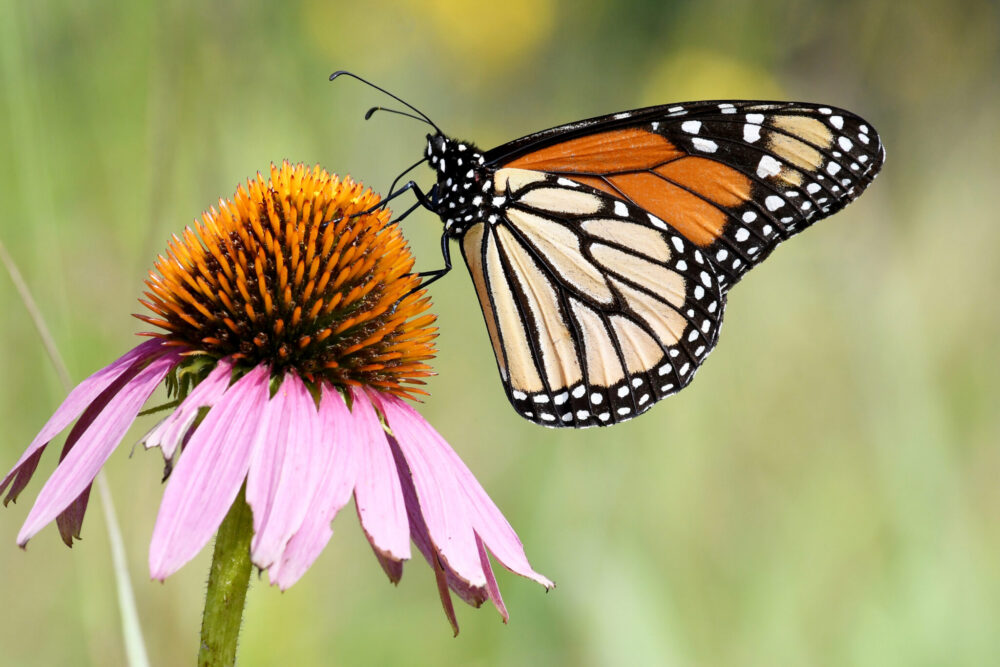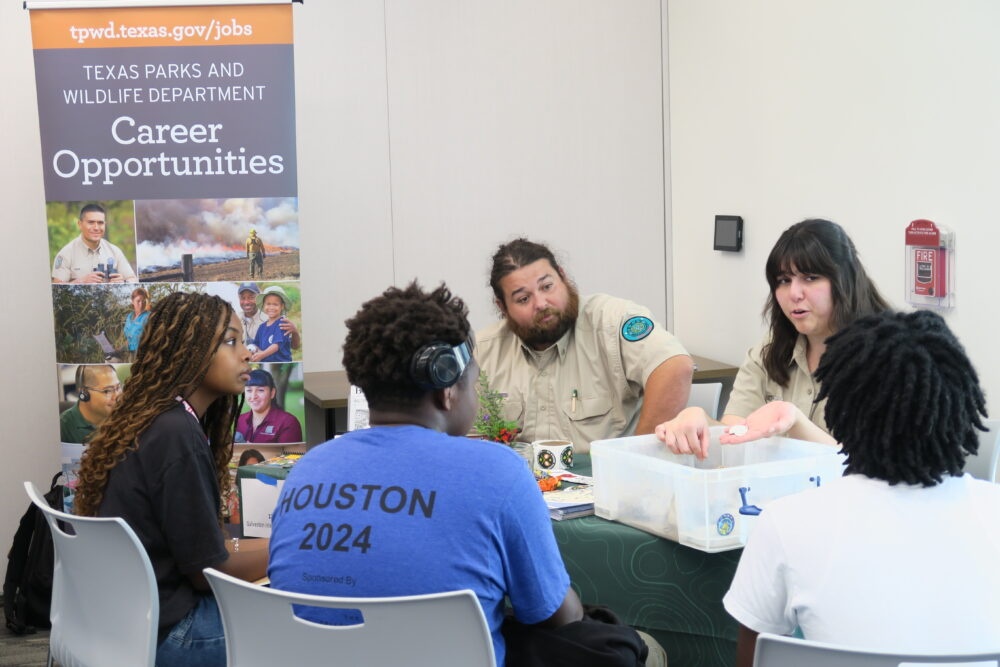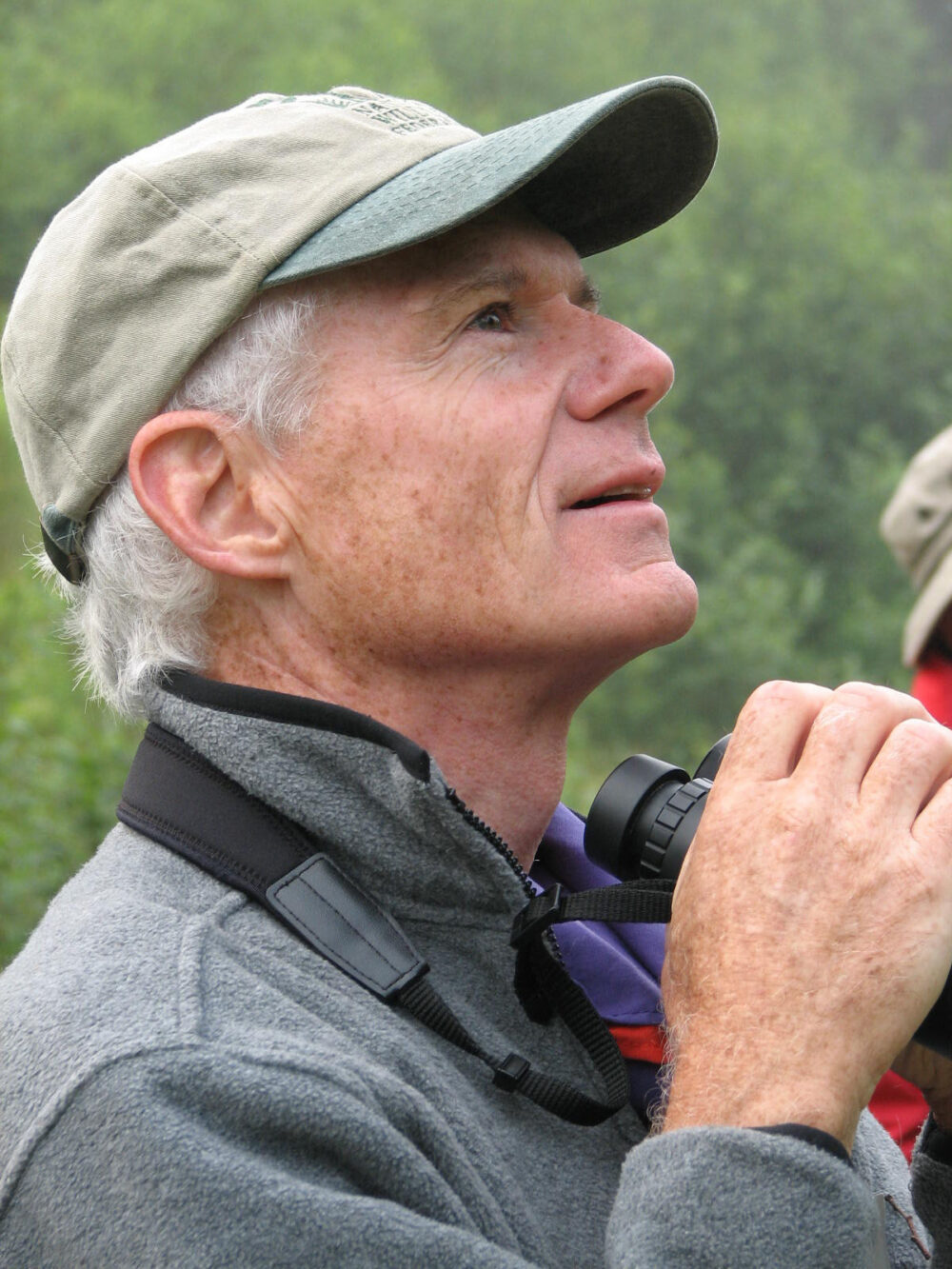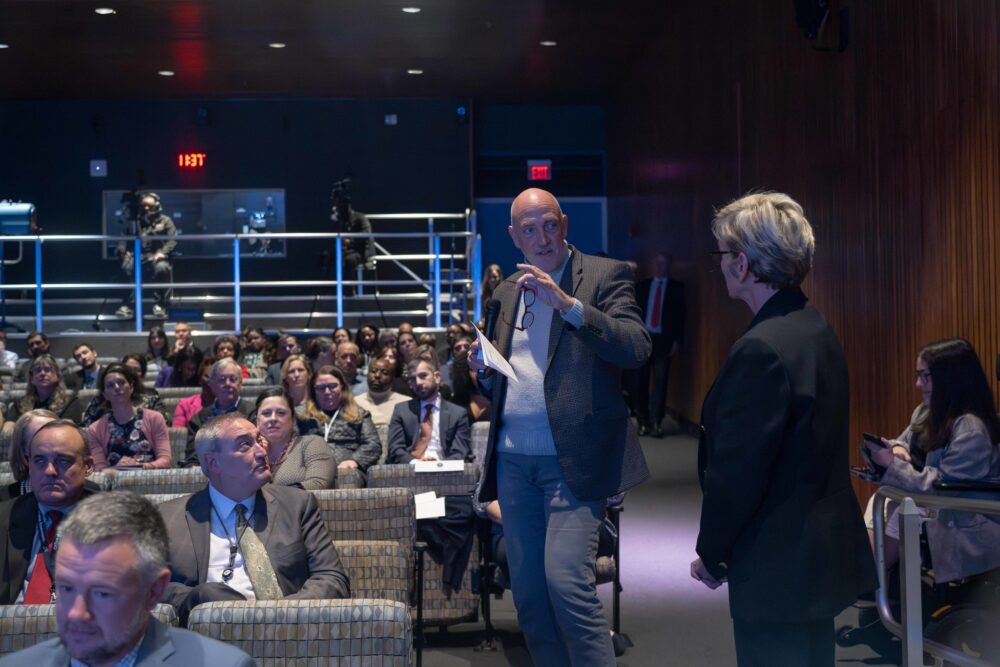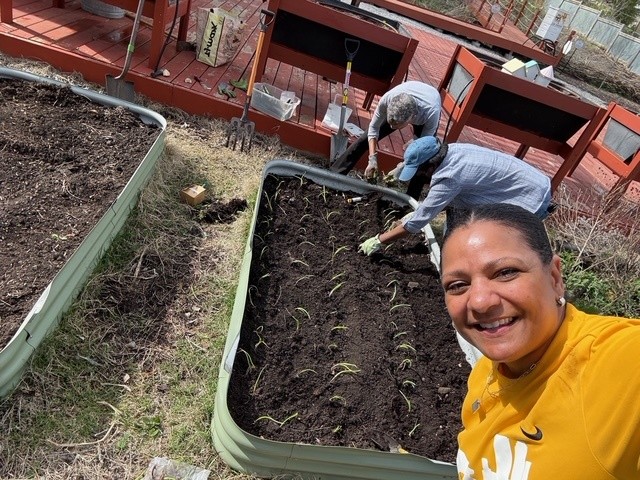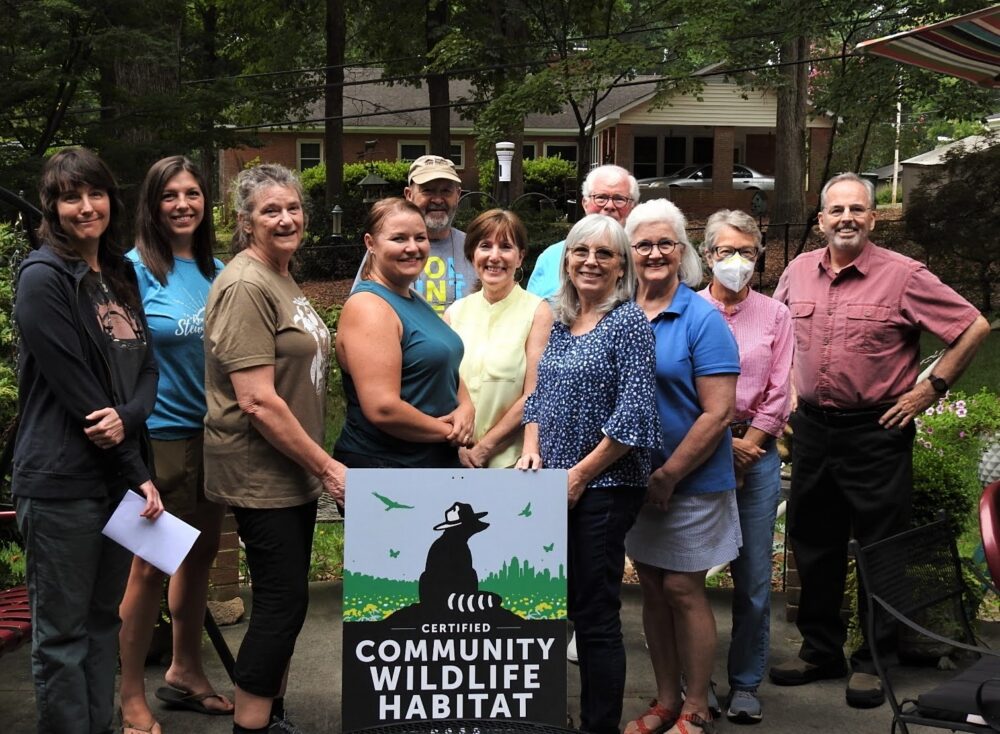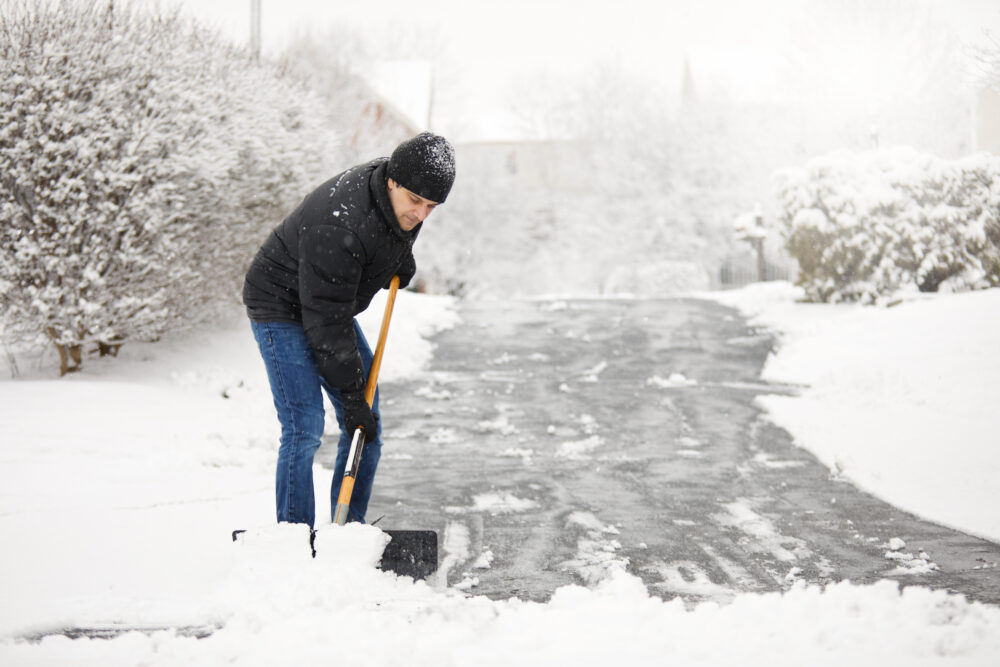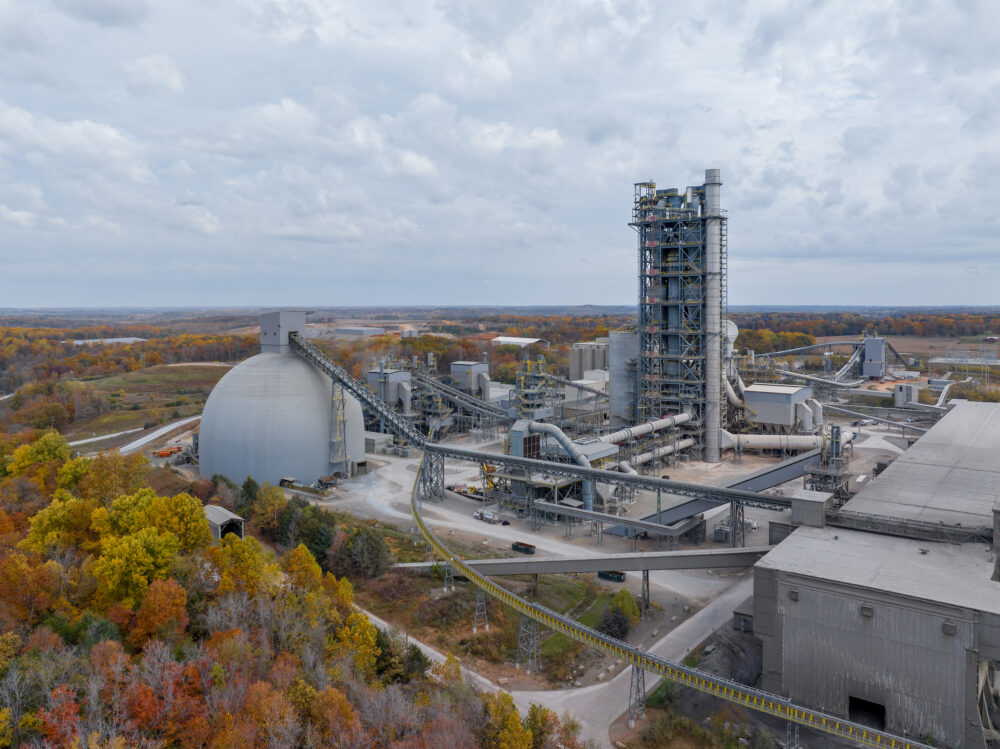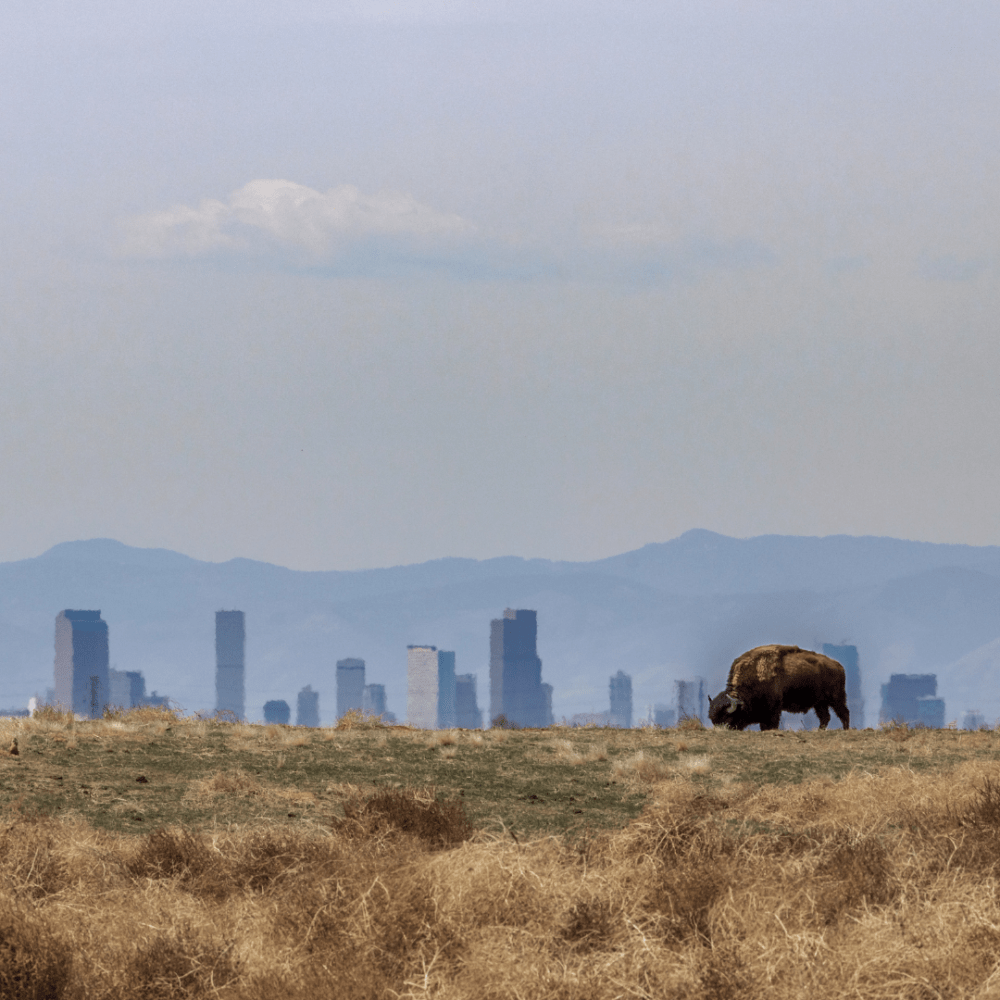We have much more to do and your continued support is needed now more than ever.
NWF Hosts 2015 Wildlife Conservation Briefing with Congresswoman Ann McLane Kuster
On January 3, 2015 the 114th Congress was sworn in – and with it came an incredible opportunity to make 2015 a year of conservation victories for wildlife. That’s why we got together last night by phone with over 150 of National Wildlife Federation activists and leaders from across the country for a 2015 Wildlife Conservation Briefing!
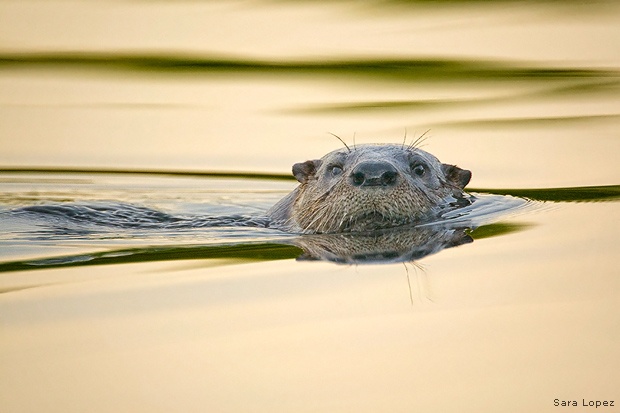
We kno![]() w that what we do at the National Wildlife Federation to advocate for critical conservation protections makes a huge difference in Congress. Congresswoman Kuster (D-NH) explains in this clip why taking action, reaching out to our representatives and fighting for our conservation values is more important than ever in 2015.
w that what we do at the National Wildlife Federation to advocate for critical conservation protections makes a huge difference in Congress. Congresswoman Kuster (D-NH) explains in this clip why taking action, reaching out to our representatives and fighting for our conservation values is more important than ever in 2015.
Clean Air
President Obama’s Clean Power Plan is taking unprecedented steps to reduce carbon pollution, combat climate change and protect people and wildlife. The plan has set carbon limits for old and new power plants, taken steps to reduce methane leakage and has begun making landmark agreements with foreign nations to reduce carbon. And all of this is being done using longstanding authorities und![]() er the Clean Air Act. Listen, as CEO Collin O’Mara explains how we need to work together to protect these important actions as Congress tries to derail them.
er the Clean Air Act. Listen, as CEO Collin O’Mara explains how we need to work together to protect these important actions as Congress tries to derail them.
Congress has started its session by voting on the swift approval of the Keystone XL Pipeline. The Keystone XL Pipeline has long been opposed by NWF because of its climate impacts, and because of its potential impacts to wildlife, ecosystems and the Ogallala aquifer. However, even as we saw this attack on the environment move forward, Congress also voted on several amendments to the Keystone XL Pipeline bill that garnered unprecedented bi-partisan support for the scientific consensus that climate change is happening and that humans are having a significant impact.
Clean Water
As this new Congress unfolds, the health and safety of our streams and wetlands, lakes, rivers, and bays hang in the balance. Most immediately, next week, on February 4th Congress will hold a rare joint House-Senate hearing to attack the Clean Water Rule – a critically important EPA initiative that will clarify and restore Clean Water Act protections for millions of wetland acres and stream miles, and the drinking water supplies of 1 in 3 Americans.
This important rule clarifies and restores longstanding protections for headwater streams and wetlands that feed our drinking water supplies and play an important role in fishing, hunting, and the future of our outdoor economy. Additionally, the proposed rule gives much-needed certainty to farmers, land owners, and businesses, saving them time and money. Without this rule, confusion over which waters are protected![]() under the Clean Water Act would continue. Listen, as Collin O’Mara talks about the Toledo algal blooms that happened just a few months ago and why it’s so important that we take action to protect clean water for people and wildlife.
under the Clean Water Act would continue. Listen, as Collin O’Mara talks about the Toledo algal blooms that happened just a few months ago and why it’s so important that we take action to protect clean water for people and wildlife.
Our Public Lands
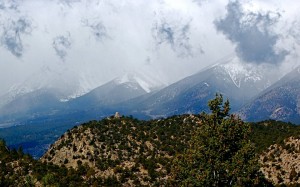
The President also has the opportunity to protect places like Brown’s Canyon in Colorado or Boulder White Clouds in Idaho by establishing them as National Monuments under the Antiquities Act (first used by President Theodore Roosevelt to establish the Grand Canyon as a national monument.) Unfortunately, Congress is looking to attack or eliminate the President’s ability to designate national monuments under the Act.
Hear from CE![]() O Collin O’Mara about why we need to fight back against these anti-conservation bills.
O Collin O’Mara about why we need to fight back against these anti-conservation bills.
Take Action
If one thing is clear from last night’s Wildlife Conservation Briefing, it’s that we are going to need your help this year to protect wildlife and habitat and fight for conservation victories!
Here are three ways that you can take action today!
1. Urge your Senators to vote to support the Clean Power Plan. We will face all to many attacks in the coming year, and will need rapid responses to members of Congress telling them that Americans like you want to see action on climate and clean energy
2. Please call, email, tweet, and post on your member of congress’ facebook pages your own version of this basic clean water message: “The proposed Clean Water Rule is a critical priority for hunters, anglers, nature lovers, fish, and wildlife in (state). We urge Senator/Representative _____ to #ProtectCleanWater and express support for the Clean Water Rule.”
3. Please send a message to President Obama thanking him for his actions to protect the Arctic National Wildlife Refuge, and urging him to use his authority to protect additional public lands, including Browns Canyon.

